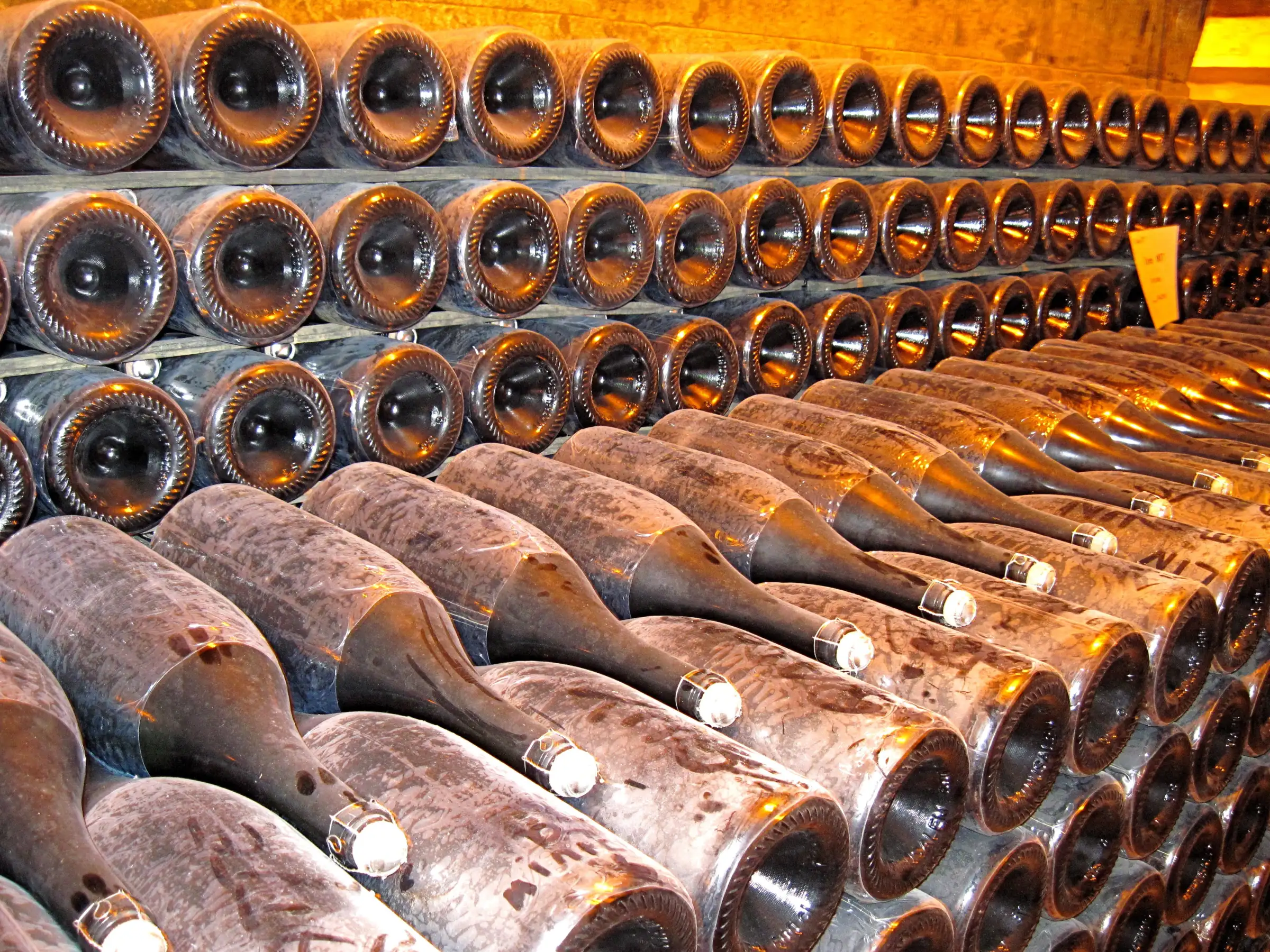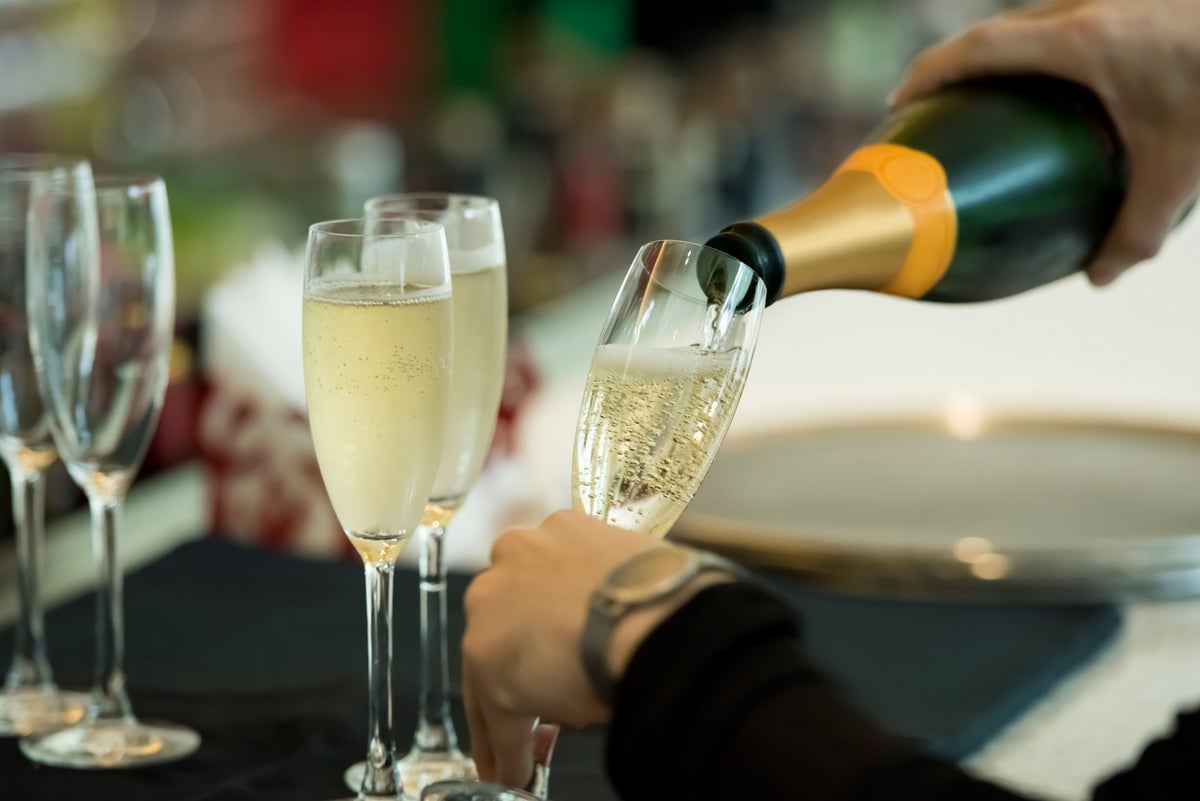February 28, 2024
Can Champagne Go Bad?

Many wine enthusiasts often wonder, "Does Champagne go bad?" The answer is nuanced, depending on various factors such as storage conditions, the type of Champagne, and whether it is opened or unopened.
Unopened Champagne
Unopened Champagne has a considerable shelf life, especially if stored correctly. Non-vintage Champagne, which doesn’t have a specific harvest year and is a blend of several years, can last three to four years. Vintage Champagne, made from grapes of a single year, can last up to ten years or more. Proper storage is crucial for maintaining the quality and taste of Champagne.
Storage Conditions
To keep your Champagne in optimal condition:
- Store it horizontally to keep the cork moist.
- Maintain a consistent temperature, ideally between 10-15°C.
- Keep it away from light, especially sunlight, which can degrade the wine.
- Ensure a humidity level of around 70%.
Properly stored, unopened Champagne can age gracefully, often developing richer and more complex flavors over time.
Opened Champagne
Once opened, Champagne is more susceptible to going bad. It is best enjoyed shortly after opening to experience its peak effervescence and flavour. However, if you need to store opened Champagne:
- Use a Champagne stopper to seal the bottle.
- Refrigerate it immediately.
- Consume within three to five days.
The fizziness will diminish over time, but the flavour should remain intact for a few days.

Signs Champagne Has Gone Bad
Several signs can indicate that Champagne has gone bad:
- Loss of Bubbles: The most obvious sign is a lack of bubbles. Champagne is known for its effervescence, and if it has gone flat, it might not be enjoyable to drink.
- Colour Changes: Fresh Champagne is usually a pale gold colour. If it has turned a deep yellow or brown, it may have oxidized.
- Off Odors: If it smells like vinegar, wet cardboard, or a musty basement, it’s likely spoiled.
- Unpleasant Taste: Spoiled Champagne will taste sour or off, lacking the fresh, crisp flavours it should have.
Ageing Champagne
Some Champagnes are designed to be aged. Vintage Champagnes, in particular, can improve with age, developing more complex flavors. When aging Champagne:
- Keep it in a dark place with a stable temperature.
- Lay the bottles horizontally.
- Avoid frequent temperature fluctuations and vibrations.
Aged Champagne can exhibit deeper, more mature flavours, often with notes of toast, almond, and honey.
Newsletter Sign Up
Do you like collecting fine wine?
Then stay ahead of the curve. Our newsletter delivers the latest releases, trends, and special offers in the world of fine wine.
Latest releases | Trends & insights | Exclusive deals
